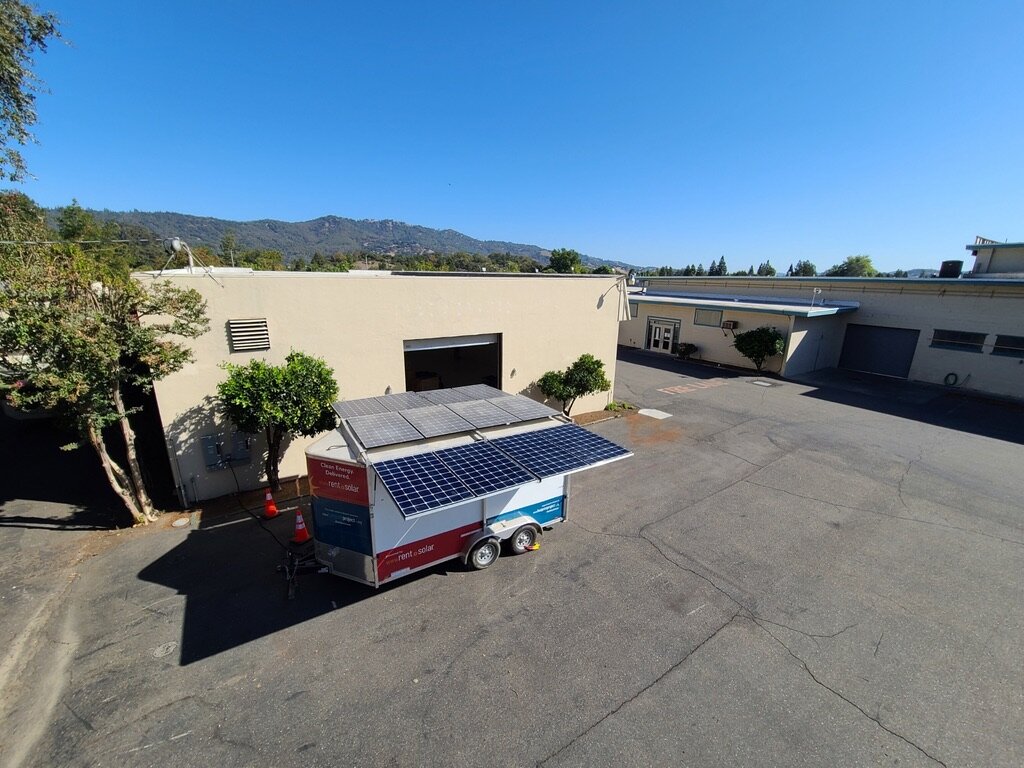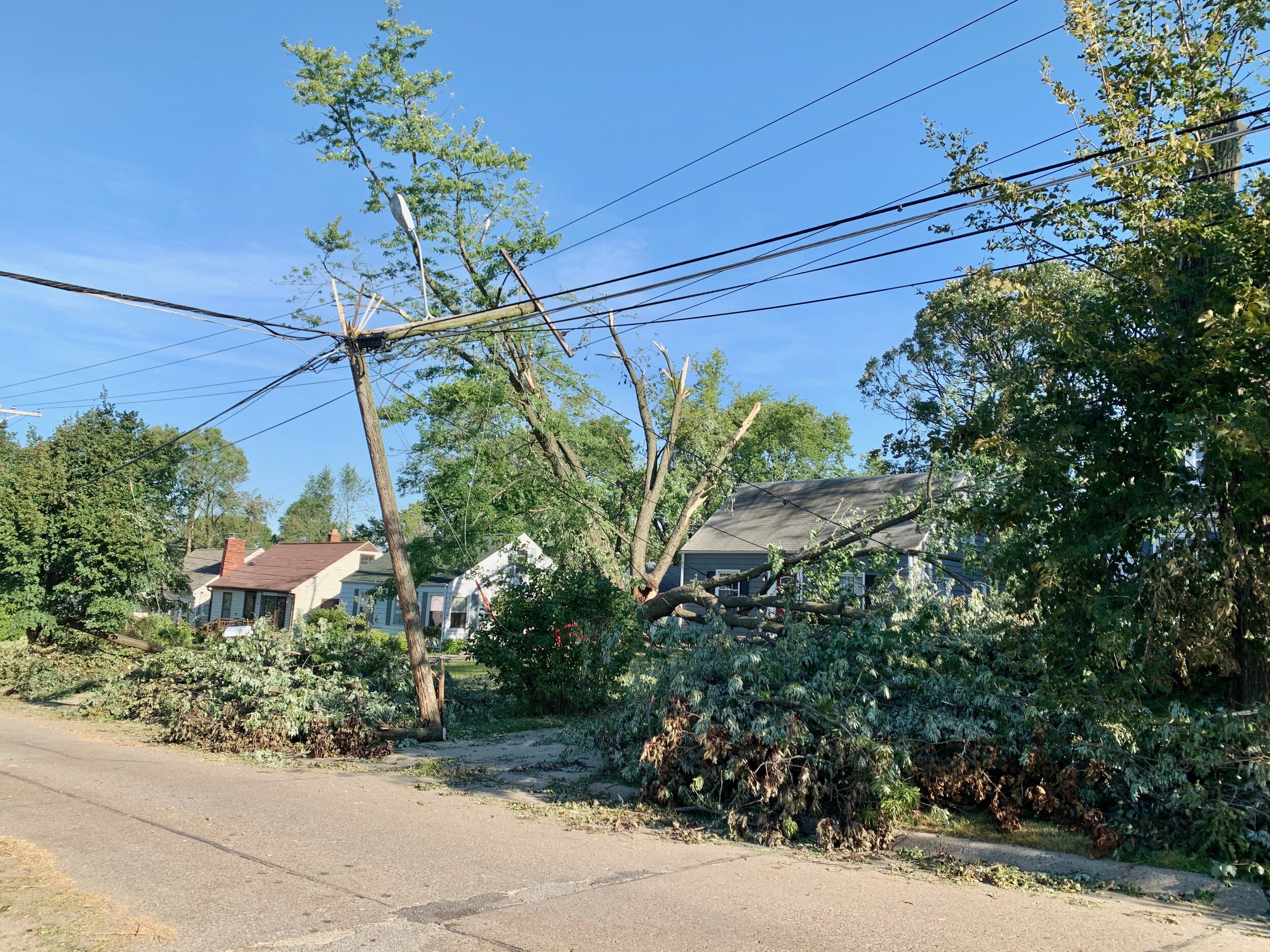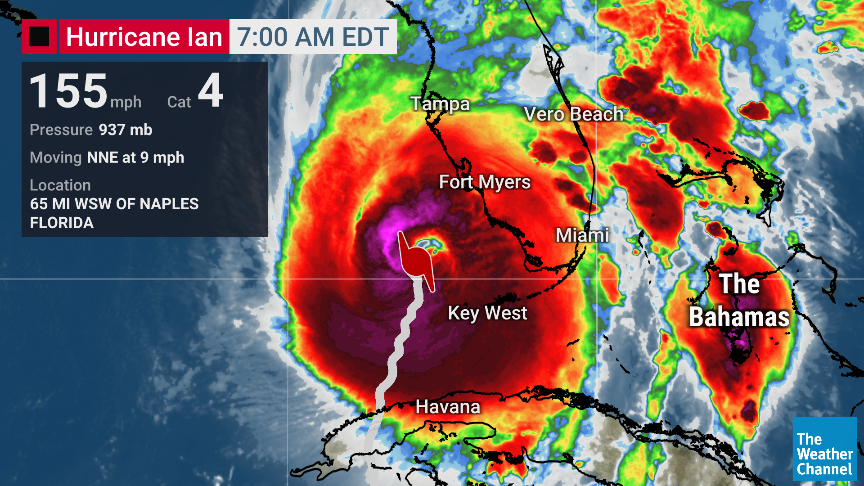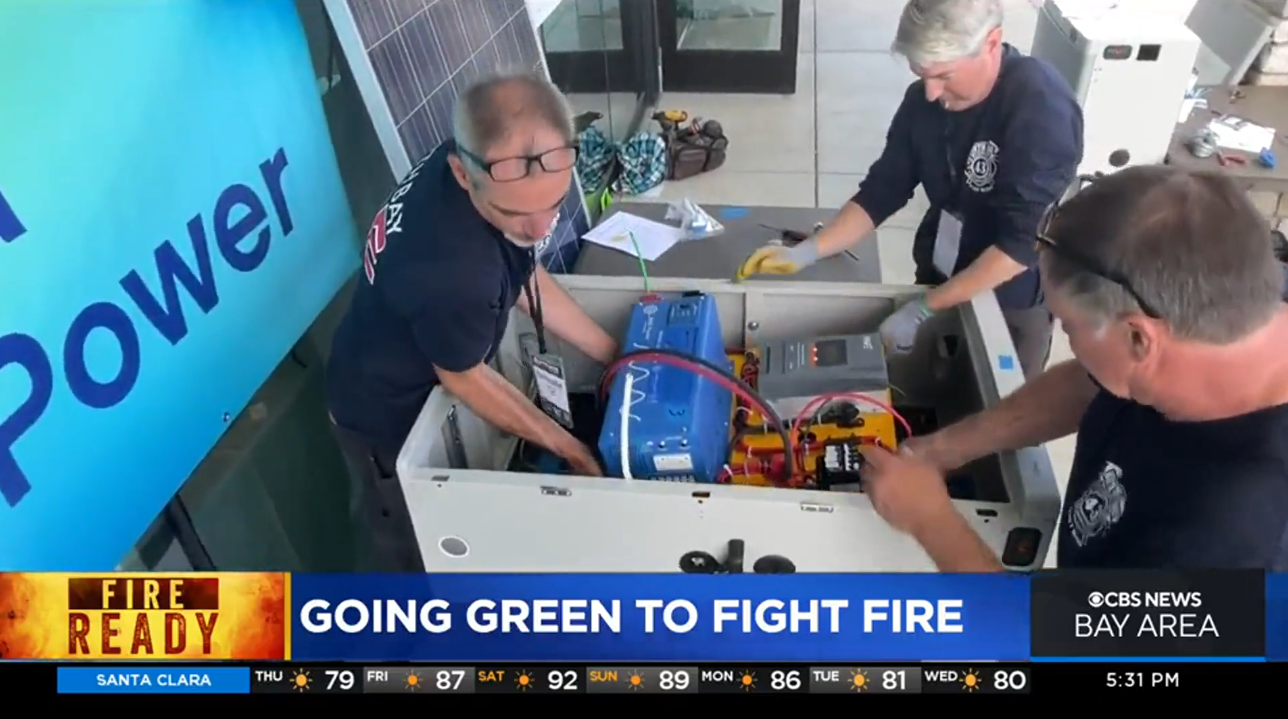Currently, our Solar Emergency Response Team (SERT) is in California to provide support by deploying clean energy to communities in need. So far, we have focused our limited clean energy resources on multiple partnerships that focus on different aspects of the preparedness and recovery of disaster relief.
Electric Chainsaws for Debris Removal for Iowa Recovery
As citizens regained power in the following week, the Solar Energy Rapid Response team (SERRT) returned their solar trailer to Minneapolis and donated two electric chainsaws to assist NECHAMA Jewish Response to Disaster as they stayed in Cedar Rapids, Iowa.
Electric chainsaws are proving to be essential for disaster recovery and volunteer training because they are quiet, light, and do not require gas.
These chainsaws were used for debris removal--the most powerful electric chainsaws can cut through diameters of two feet or more. According to city workers in Cedar Rapids, it will take at least a month to remove all the debris to open up essential streets.
Iowa Storm, Rapid Response
On Monday afternoon, the National Weather Service declared a one out of five “marginal risk” warning. They did not predict that a 100 mile per hour wind derecho would leave over 200,000 citizens in Iowa bereft of power. A derecho is a spanish term meaning “straight ahead,” and is defined as a line of intense fast-moving, damaging windstorms occasionally accompanied by thunderstorms. This type of environmental disaster is notoriously rare and difficult to predict. Although the average wind speed in these straight line storms is 50 to 70 mph, this derecho was particularly fierce, with a record 110 mph, resulting in hurricane force winds in Iowa.
Empowering a Covid-19 Clinic in Matamoros, Mexico
In April of this year, the Footprint Project partnered with Global Response Management (GRM) to power the COVID-19 Clinic for the Matamoros Refugee Camp. The Footprint Project provided a solar tent and trailer which became the first operational Solar Powered COVID-19 Clinic supporting doctors and medics.


















